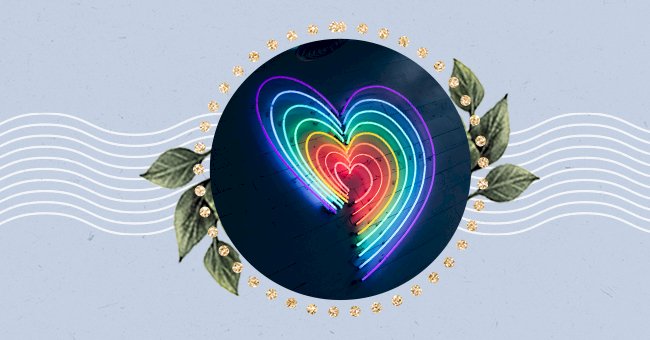
Exploring The Differences Between Bisexuality And Pansexuality
It is not uncommon to hear about pansexuality and bisexuality, as there is much more awareness among young people. Many have the courage and the opportunity not to remain hidden, coming out to friends and relatives.
However, those who are not in the LGBT community or those who are not familiar with sexuality have often wondered the difference is between bisexuality and pansexuality. They may sound alike but, in reality, are not the same.
Although today, sexual orientation is still strongly characterized by the dualism of heterosexuality and homosexuality. The heterogeneity of this concept continues to grow.
Bisexuality
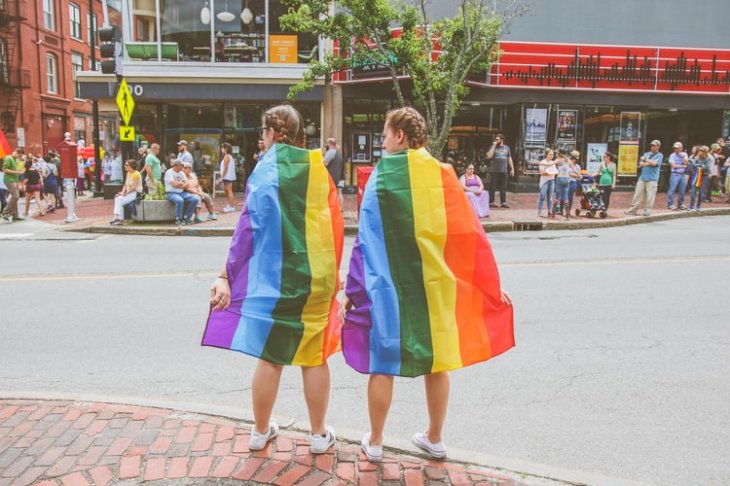
Photo by Mercedes Mehling on Unsplash
Bisexuality refers to the sexual orientation of a person who experiences emotional, romantic, and/or sexual attraction to more than one gender.
Therefore, it can be a man, a woman, non-binary. Non-binary is said to be the attraction to both man and woman or neither man nor woman.
Pansexuality
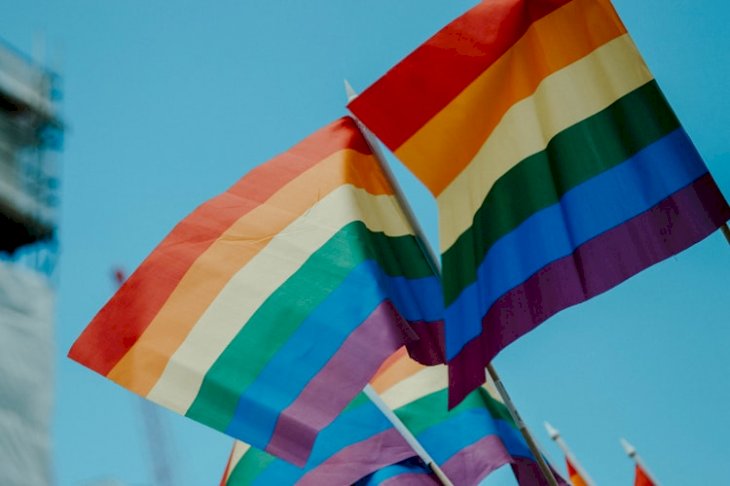
Photo by daniel james on Unsplash
Pansexuality is derived from the Greek adjective pan, meaning all. It indicates the emotional, romantic, and/or sexual attraction of a person irrespective of their gender.
In short, the kind of person that you would never call superficial. This is because they don't look at your appearance or what you have between your legs.
Difference Between Bisexuality And Pansexuality
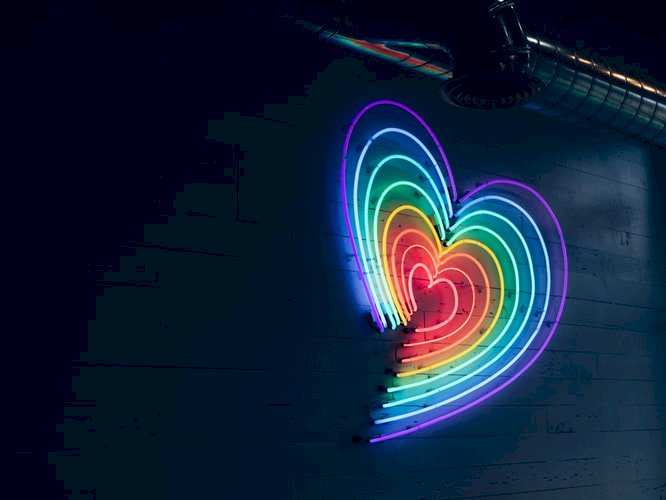
Photo by Jiroe on Unsplash
The essential difference between bisexuality and pansexuality lies in their choices. A pansexual will not tell you "I prefer men" or "I prefer women," but only his or her personality. If one of these people likes you, you can rest assured that they will never judge you. They will always appreciate who you are.
A bisexual, on the other hand, will express a preference. So, a bisexual can be someone who likes 5% girls and 95% men and 60% women and 40% men. However, we can say that there does not have to be a preference. This makes it a little more complex to understand.
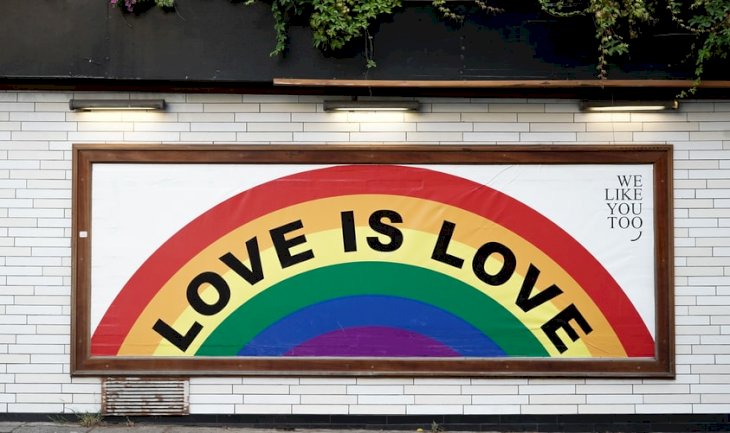
Photo by Yoav Hornung on Unsplash
Considering all the variability with which people define bisexuality and pansexuality, it is not surprising that people sometimes identify with both of these labels.
The important thing to emphasize is that not everyone shares the exact definition of the same label that describes sexual identity, which is why controversies can often arise.